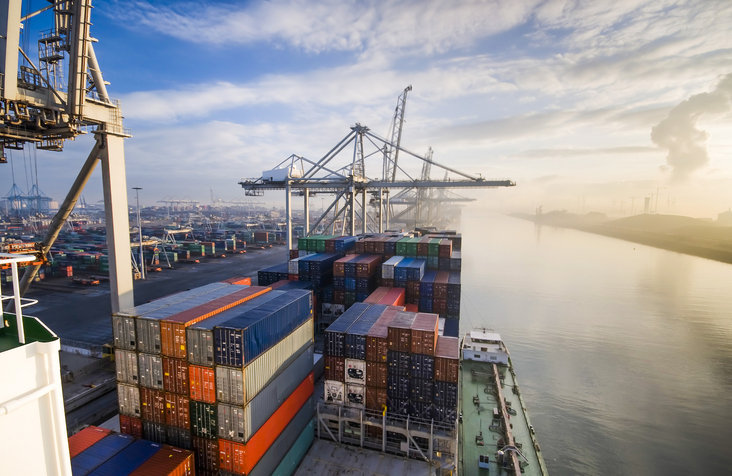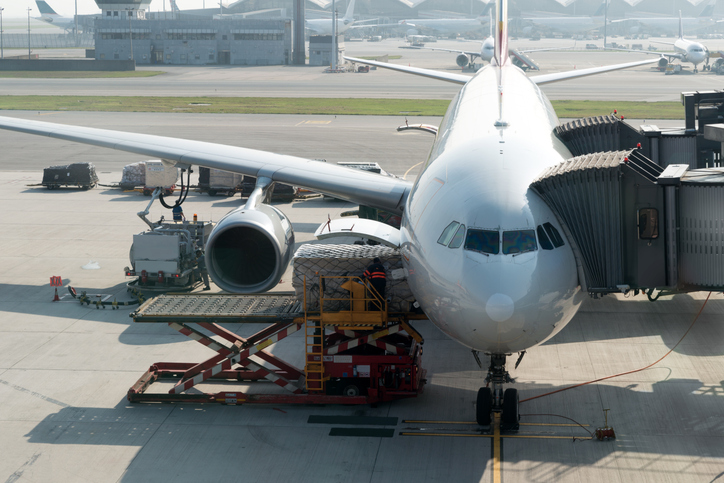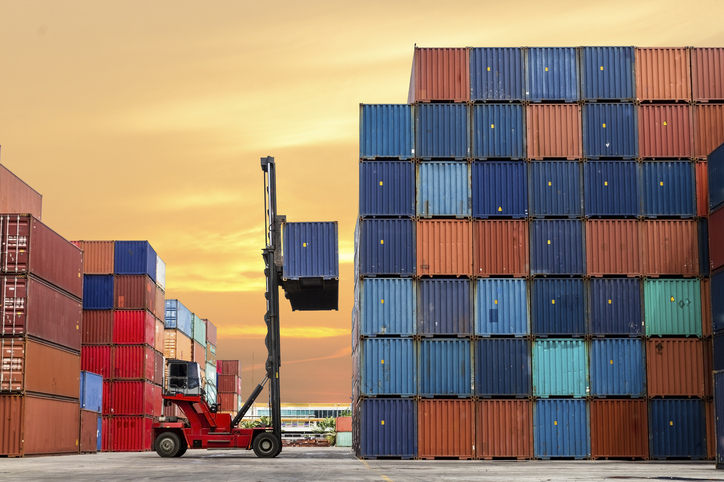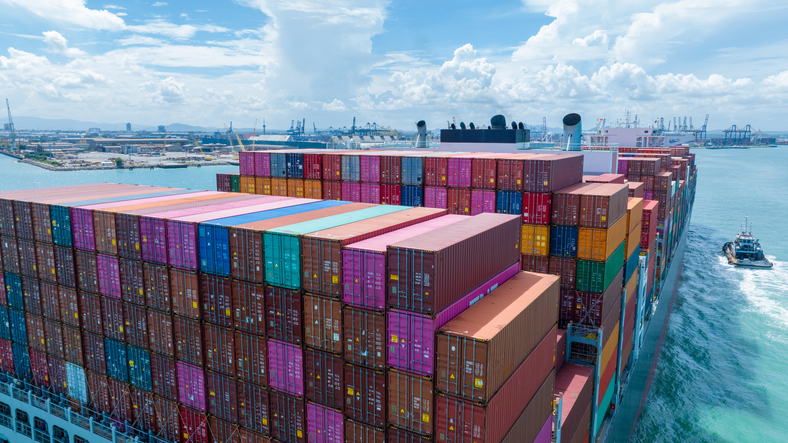
The Weekly Roar
In this week’s Roar: Container bookings down, reconsidering fees on Chinese-built ships, the slowdown in air cargo, disruptions at major US ports, and congestion in Europe.
There is now data to support what has been feared. The impact of tariffs includes a dramatic drop of 64% in US ocean container bookings from March to April 2025. This is after a temporary spike, as importers rushed to ship goods ahead of the tariffs. But as soon as the tariffs went into effect, bookings collapsed as businesses faced higher costs and uncertainty. And while some tariffs were suspended, havoc had already descended on supply chains. Companies are taking a cautious approach—delaying shipments and reevaluating their logistics plans.
Remember the proposed fees on Chinese-built or linked vessels entering US ports? The government has changed course following some very vocal industry backlash. The revised plan creates a limited number of timeline-based exceptions for some shipments between domestic and other regional ports, commodities, and vessel-types. And, instead of a flat individual fee on large vessels, the USTR instead plans to levy fees based on net tonnage or each container unloaded. On LinkedIn, industry analyst Lars Jensen posted the following illustration: “For example COSCO vessels around 13,000 TEU seems to be around 60,000 net tons. In the new USTR proposal there is no upper limit for fees – in the old proposal the upper limit was 1 million USD. This means under the new proposal vessels operated by either COSCO/OOCL might now face fees of not 1 million USD but fees in the range of for example 8.4 million USD for a 60,000 net ton vessel. Broadly speaking, for some of the largest container vessels in the world we might be looking at more than 10 million USD per call to the US.”
Trade chaos and uncertainties over tariffs—combined with increasing geopolitical risks—have also led to a slowdown in growth in the air cargo industry. The term ‘slowbalisation’—maybe this year’s new buzzword—addresses the hit to global trade expansion. Businesses are playing the wait-and-see game, not making any significant decisions when there’s no way to predict what chaos tomorrow may bring.
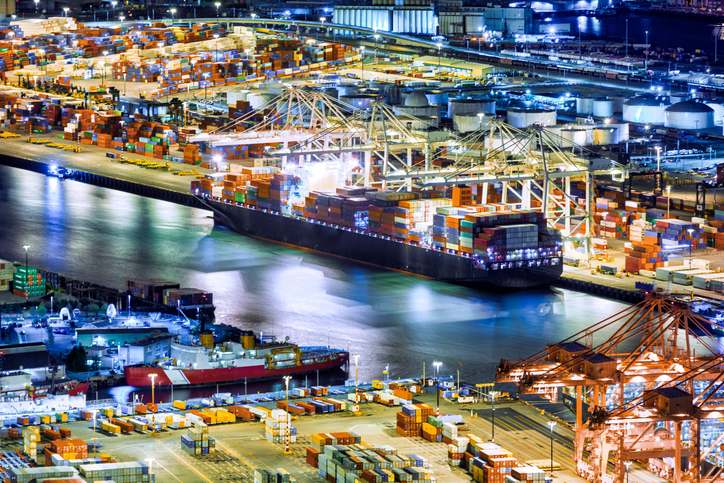 Some opinions are that US ports and related jobs will be heavily impacted by the new tariff policies. Major ports like Los Angeles and Long Beach, which handle about a third of US containerized cargo, and are already seeing operational disruptions because of supply chain uncertainty and shifting trade flows. Nearly 45% of goods at the Port of Los Angeles come from China, so they will be hit hard. After a boost as businesses rushed to import whatever they could before the tariffs started, analysts are warning of long-term challenges. Expect slower trade, rerouted cargo, and job losses as the effects of tariffs ripple through logistics networks.
Some opinions are that US ports and related jobs will be heavily impacted by the new tariff policies. Major ports like Los Angeles and Long Beach, which handle about a third of US containerized cargo, and are already seeing operational disruptions because of supply chain uncertainty and shifting trade flows. Nearly 45% of goods at the Port of Los Angeles come from China, so they will be hit hard. After a boost as businesses rushed to import whatever they could before the tariffs started, analysts are warning of long-term challenges. Expect slower trade, rerouted cargo, and job losses as the effects of tariffs ripple through logistics networks.
While some major European ports are currently congested, it’s not related to tariffs or trade wars. For now, some say the many ships in queue in Germany, Italy, the Netherlands, and the UK are there because of labor shortages, infrastructure limitations, and seasonal fluctuations in shipping volumes. However, others contend that the reason is because of new shipping schedules from alliances, occasional worker strikes, bad weather, and overcrowded yards. Regardless, experts are cautioning that if trade tensions escalate, European ports could face increased pressure from rerouted cargo and altered shipping patterns, potentially making everything worse.
For the rest of the week’s top shipping news, check out the article highlights below.





